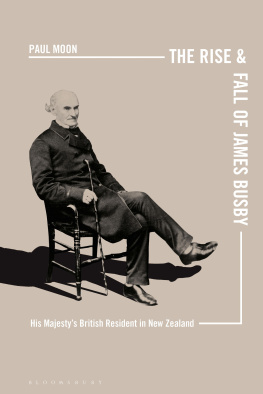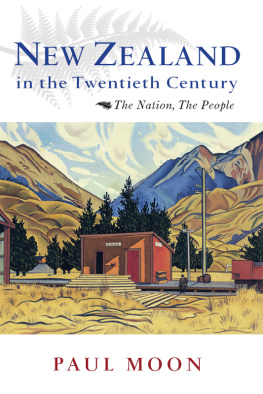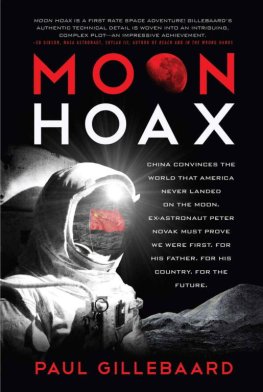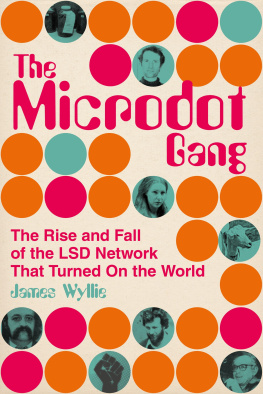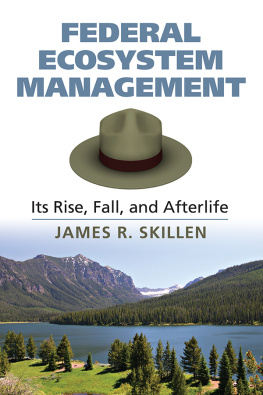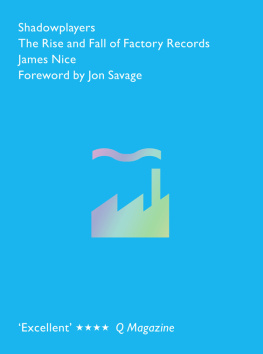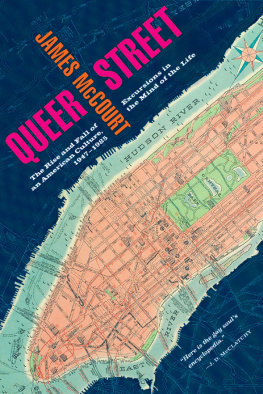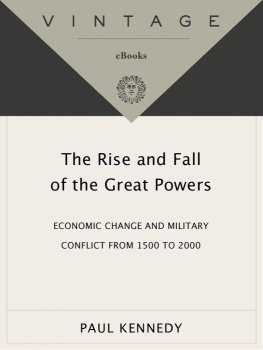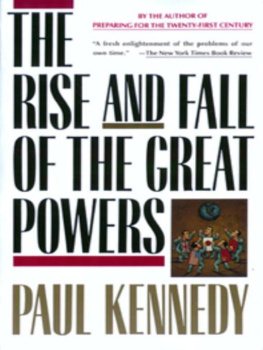Paul Moon - The Rise and Fall of James Busby
Here you can read online Paul Moon - The Rise and Fall of James Busby full text of the book (entire story) in english for free. Download pdf and epub, get meaning, cover and reviews about this ebook. year: 2020, publisher: Bloomsbury Publishing, genre: Home and family. Description of the work, (preface) as well as reviews are available. Best literature library LitArk.com created for fans of good reading and offers a wide selection of genres:
Romance novel
Science fiction
Adventure
Detective
Science
History
Home and family
Prose
Art
Politics
Computer
Non-fiction
Religion
Business
Children
Humor
Choose a favorite category and find really read worthwhile books. Enjoy immersion in the world of imagination, feel the emotions of the characters or learn something new for yourself, make an fascinating discovery.
- Book:The Rise and Fall of James Busby
- Author:
- Publisher:Bloomsbury Publishing
- Genre:
- Year:2020
- Rating:3 / 5
- Favourites:Add to favourites
- Your mark:
- 60
- 1
- 2
- 3
- 4
- 5
The Rise and Fall of James Busby: summary, description and annotation
We offer to read an annotation, description, summary or preface (depends on what the author of the book "The Rise and Fall of James Busby" wrote himself). If you haven't found the necessary information about the book — write in the comments, we will try to find it.
Paul Moon: author's other books
Who wrote The Rise and Fall of James Busby? Find out the surname, the name of the author of the book and a list of all author's works by series.
The Rise and Fall of James Busby — read online for free the complete book (whole text) full work
Below is the text of the book, divided by pages. System saving the place of the last page read, allows you to conveniently read the book "The Rise and Fall of James Busby" online for free, without having to search again every time where you left off. Put a bookmark, and you can go to the page where you finished reading at any time.
Font size:
Interval:
Bookmark:

James Busby

Once an idea enters the historical bloodstream and begins to circulate, it can be very difficult to remove. This is particularly so when it comes to peoples reputations, and is certainly borne out in the case of James Busby. With no counsel to defend him, he has suffered at the hands of generations of historians whose representations of the man have been largely unfavourable. Admittedly, even while he was alive, his reputation was sometimes smeared by his superiors, and ridiculed by those he represented. But it is in death that the disparaging depiction of his
From this point, the contagion began to spread, and by the later twentieth century, Busbys reputation as someone who was vain, inept, petulant and prickly was entombed in the historiography of the period. In Keith Sinclairs view, he was a pompous young man, who found himself cast as the central figure in a solemn farce. From such a confluence of condemnatory assessments spanning more than a century, Busbys character has stood little chance of a fair hearing.
Unwittingly, such criticisms have simply ended up echoing the sorts of chauvinism that surfaced when Busby served as Resident in New Zealand. And although the archival material from the period sometimes seems to support such views, so much of that material is the product of those who bore some animus towards Busby. Beneath the thick sediment of official correspondence from the era that has contributed to this characterization lies a bedrock of prejudice: the prejudice of establishment versus outsider; of ruling-class versus working-class; of military versus civilian; of English versus Scot; of experienced versus novice; of Church of England versus Church of Scotland; and many other forms of rivalry that riddled the relationships Busby endured with others, and that shaped subsequent representations of him.
Surveying the quarries of evidence from which aspects of Busbys life can be excavated requires analysis, but it also demands insight. Summing up his life in a few pithy and sometimes poisonous phrases might accord with other purposes, but it does not allow either the detailed relief of his character to be examined, or a coherent explanation for his views and decisions. In brushing off the detritus that has accumulated around Busbys reputation since the nineteenth century, the evidence explored here in relation to his life reveals a very different person from that rendered by his contemporaries, and later by some historians. His intellectual abilities were far greater than have been conceded, his resolve to innovate rather than merely to go through the motions of whatever role he held led to unexpected advances in the posts he was given, and while committed to particular ideas, he was seldom stubbornly doctrinaire in their pursuit. When flexibility was required, he could bend with the best of them.
Of course, there were shortcomings too. His naturally dour personality did not endear him to others, and sometimes inadvertently gave the impression of aloofness. He had few close associates, and fewer friends, and his overly earnest approach to the challenges so often strewn in front of him sometimes gave others the sense that he was too earnest, too rigid, and in many ways an unlikeable individual. Yet his enduring legacy, particularly in New Zealand, is the greatest testimony to his remarkably idiosyncratic approach to circumstances. He is also a person without comparison in New Zealand history. No other individual occupied the role of Resident, no other played a vital part in the drafting of two of the countrys founding documents in the era, and no other British representative was required to establish peace and order in the country without any means of enforcing his rule. To this extent, any account of Busbys life must avoid merely positioning him as a point in the continuum of British imperial expansion in the South Pacific, and explore his life on its own terms.
While any account of James Busby will necessarily encompass histories of colonies, empire, and indigenous peoples, as well as the geographies, economies, and cultures of many territories, this work is foremost a biography of an individual rather than a colonial history, in which individuals tend to feature more as mere moving parts in a great imperial apparatus. In addition, it is a biography written as much as possible from the perspective of the subject. Standing on an outcrop overlooking the past, it is easy to trace the inevitability of events, and judge those involved accordingly. However, no individual is granted such omniscience over their own life and destiny, and so it is with this account of Busby, in which events unfold in front of him in the way he experienced them, rather than with the benefit of a historians hindsight.
Unavoidably, the documentary record trailing Busbys life is uneven, and there are times when his voice falls silent. Potentially vital records relating to his parents relationship and their movement around eastern Scotland at the end of the eighteenth century perished during a church fire at St Marys Whitekirk and Tyninghame Parish Church in 1914. Other family documents from this period have simply disappeared, including material dealing with the familys financial situation, and the education the Busby children received.
One of the most important sources of information on Busbys life up until his thirties was the collection of correspondence between himself and his parents and siblings. In these letters, valuable insights into his thoughts on a range of issues were revealed. Surprisingly, for the scale of this archive, his previous biographer, the journalist Eric Ramsden, made only scant use of them, preferring to rush through this period of Busbys earlier life in order to focus more on his later career as Resident in New Zealand. The State Library of New South Wales holds the copy of this correspondence on microfilm, but on enquiring about access to it, I was told that the microfilm reel was affected by the acid syndrome and was withdrawn from the State Library Collection. Hoping that a set of the correspondence still lay somewhere in the Librarys archives, I sought further details, and discovered that the original letters had been in the possession of the family at the time when the (now irreparably damaged) microfilm was made. The Library had made many requests to make a new microfilm of the Busby family papers but was unable to obtain the cooperation of the owner before his death in 1998. The owner who lent the papers to the Library for copying back in 1964 was Tom Merewether Heath, and he had passed away by this time. In 2005, other family members were contacted but they did not know the whereabouts of the original papers. They were contacted again in 2018 to see if the papers had been located, but evidently, it looks as though they are now lost.
Fortuitously, a transcript of much of this correspondence was produced by Augusta Busby (who died in 1962), and while it is the single most important collection about the family, it suffers from editing decisions which in some sections render the record incomplete. However, it remains a substantial repository of the familys life, mainly through the letters between its members. One of the major bodies of correspondence that is absent from this collection, though, is the exchanges between James and his wife, Agnes. They could potentially have offered some more insight into Jamess personal life, but the couples exchanges seem to have ended up as one of those piles of papers that a descendant decided was not worth the effort of storing, and so was dispensed with.
Next pageFont size:
Interval:
Bookmark:
Similar books «The Rise and Fall of James Busby»
Look at similar books to The Rise and Fall of James Busby. We have selected literature similar in name and meaning in the hope of providing readers with more options to find new, interesting, not yet read works.
Discussion, reviews of the book The Rise and Fall of James Busby and just readers' own opinions. Leave your comments, write what you think about the work, its meaning or the main characters. Specify what exactly you liked and what you didn't like, and why you think so.

